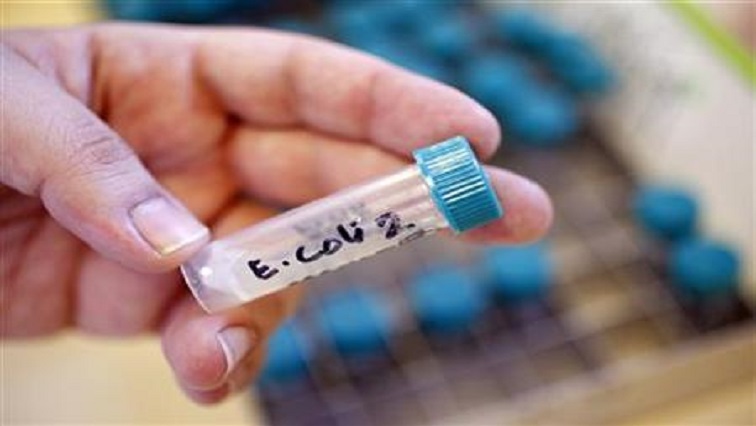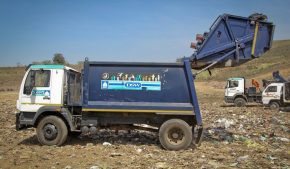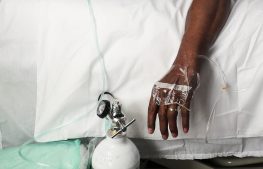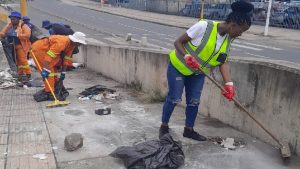The prolonged closure of several Durban beaches in 2022 since the devastating floods in April and May thrust water quality into the spotlight.
Pressure heightened as the December holidays approached. When the eThekwini municipality and environmental groups speak about whether beaches are safe for swimmers, they talk about E. coli readings.
But what is E. coli? And what factors influence E. coli levels when water samples are taken to determine if it is safe to swim at a beach?
Video: Durban beaches remain closed ahead of festive season due to high levels of e-coli
The eThekwini municipality and environmental organisation Adopt-a-River began publishing the results of their water samples on social media as an indicator of whether it is safe to swim at the city’s beaches.
The results are a count of E. coli bacteria per 100 milliliters of water.
South African legislation determines what levels of E. coli are safe. However, it is not E. coli bacteria itself that poses a danger as it often only causes mild illness.
Adopt-a-River director – Janet Simpkins says E. coli is used as an indicator of the presence of other bacteria, viruses and parasites that can cause illness
“So the presence of E. coli indicates that the water is contaminated with sewage and potentially other pathogens. Depending on the levels you may be more likely to pick up a stomach bug or gastrointestinal issues. The other pathogens can present themselves in different ways,” explains Simpkins.
Simpkins says sewage – and the bacteria, viruses and parasites associated with it – affects fish, birds and marine life, and ultimately humans.
“We’ve seen with a lot of recreational paddlers and regular surfers and swimmers they’ve almost built up an immunity. It’s when we get new people coming that they may be more likely to be affected. But it really just depends on the conditions on the day because it’s an ever-changing environment,” Simpkins explains further.
Some Durban residents have been skeptical about pronouncements that the city’s beaches are safe for swimming, after seeing some sewage spills in the area. However, Simpkins explains that wind and tides all play a role in water quality after contaminated river water flows into the sea.
“Results change daily and that’s just because of the nature of the seawater. There are many factors that influence it. The tides, the currents, the wind. We certainly don’t want people to stay away from eThekwini. It’s very much a tourist destination and it’s been really hard hit in terms of Covid, and floods and riots. To be safe we would probably just suggest swimming at the beaches that have proven over time to be safer than others. And of course, if there is any sort of noticeable difference in the water – any funny smells – it’s probably best to stay out of the beach,” Simpkins advises beachgoers.
Simpkins says with the eThekwini municipality’s ageing and flood-damaged sewage infrastructure, they have found that rain and load shedding influence E. coli readings.
Video: Efforts to clear high Ecoli levels hampered by rolling blackouts
eThekwini mayor Mxolisi Kaunda earlier indicated that an adjusted budget to fix flood-damaged sewage infrastructure was finalised in November.
The municipality also stated that new leaks appear as pump stations and treatment plants are operational, which must then be repaired.






